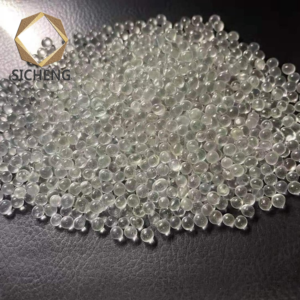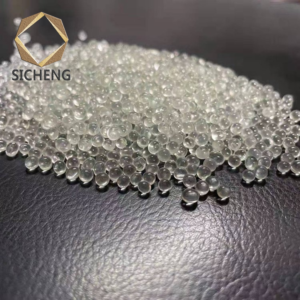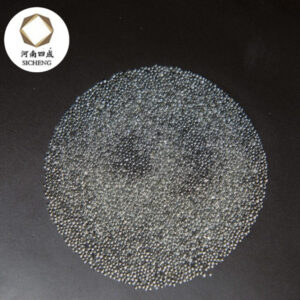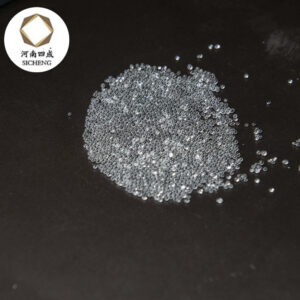Grinding glass beads are small, spherical beads made from various types of glass (such as soda-lime, borosilicate, or zirconium silicate) that are used as abrasive or grinding media in industrial and laboratory applications. They are commonly employed in processes like:
Bead Milling (Wet Grinding) – Used to disperse, grind, or homogenize particles in liquids (e.g., paints, inks, cosmetics, pharmaceuticals).
Particle Size Reduction – Effective for breaking down materials into fine or nano-sized particles.
Surface Polishing & Cleaning – Used in blasting or tumbling to smooth or clean surfaces without causing damage.
Chemical & Biological Applications – Used in cell lysis (breaking open cells) in laboratories.
Types of Grinding Glass Beads:
Soda-Lime Glass Beads – Economical, general-purpose grinding.
Borosilicate Glass Beads – More chemically resistant, used in harsh conditions.
Zirconium Silicate Beads – High density, excellent for fine grinding and wear resistance.
Ceramic Beads – Sometimes used as an alternative for higher durability.
Key Properties:
Size Range: Typically from microns (µm) to a few millimeters (mm).
Hardness: Varies based on glass composition.
Density: Affects grinding efficiency.
Grinding glass beads are preferred for their inertness, uniform shape, and ability to provide consistent grinding without contaminating materials.





